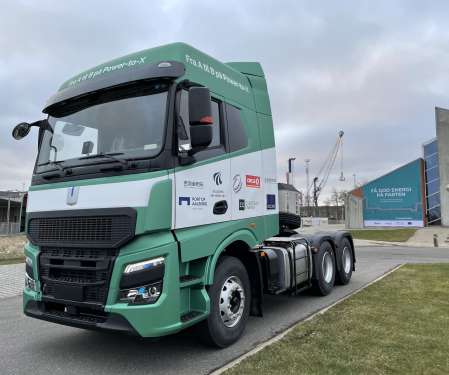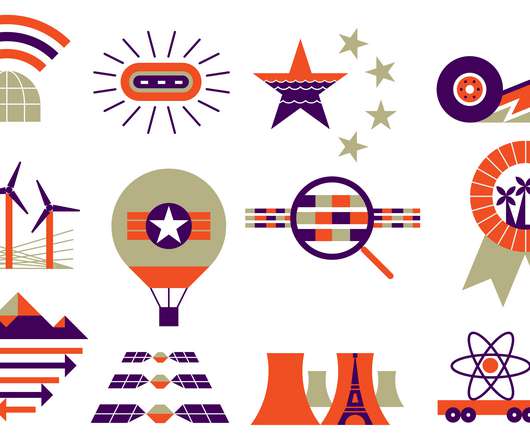Geely supporting Danish initiative on e-methanol with vehicle trials in Aalborg
Green Car Congress
MARCH 30, 2022
Danish Minister for Transport Trine Bramsen, Aalborg municipal government representatives, and European media were invited to witness the first test runs of Geely methanol vehicles on Danish roads and visit the e-methanol production facility at Aalborg University.












Let's personalize your content